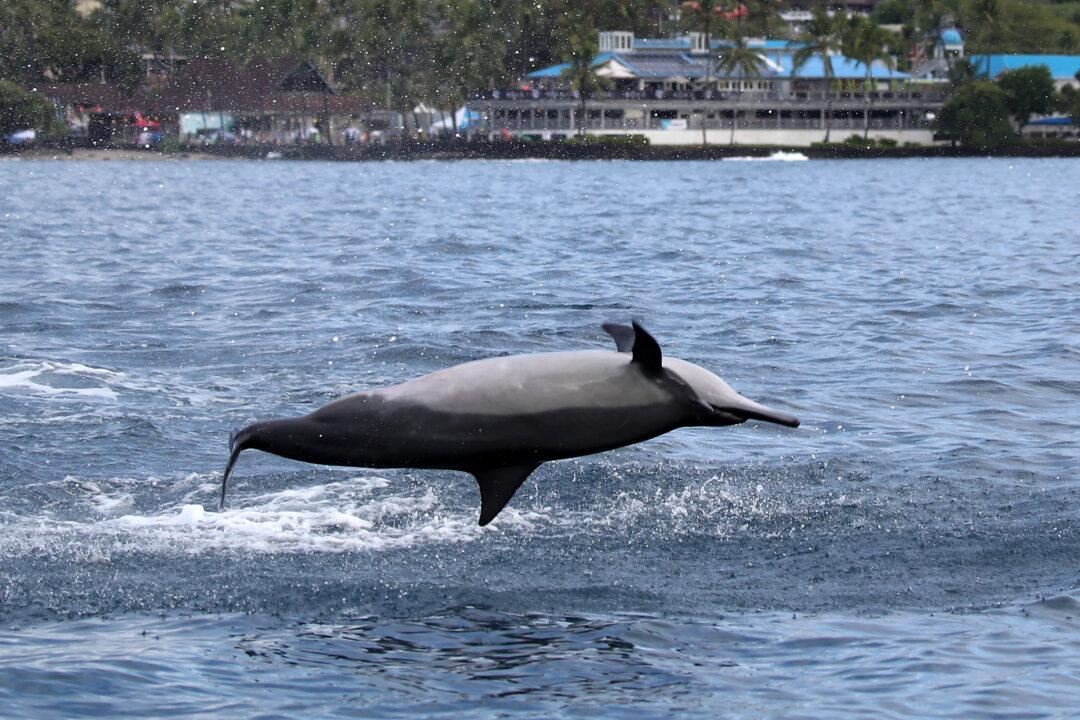A businesswoman in Hawaii is suing the Biden administration for hurting her business by banning swimming with spinner dolphins, a popular tourist and therapeutic activity that generates a living for many residents of the 50th U.S. state.
Spinner dolphins are called such because “they are often seen leaping and spinning out of the water,“ even ”up to seven times ... before falling back into the water,” the National Oceanic and Atmospheric Administration (NOAA) reported.





